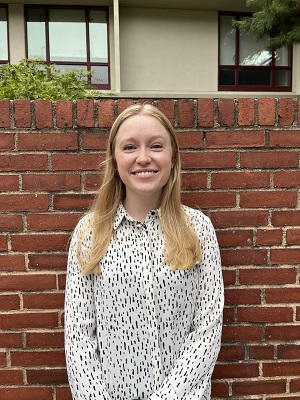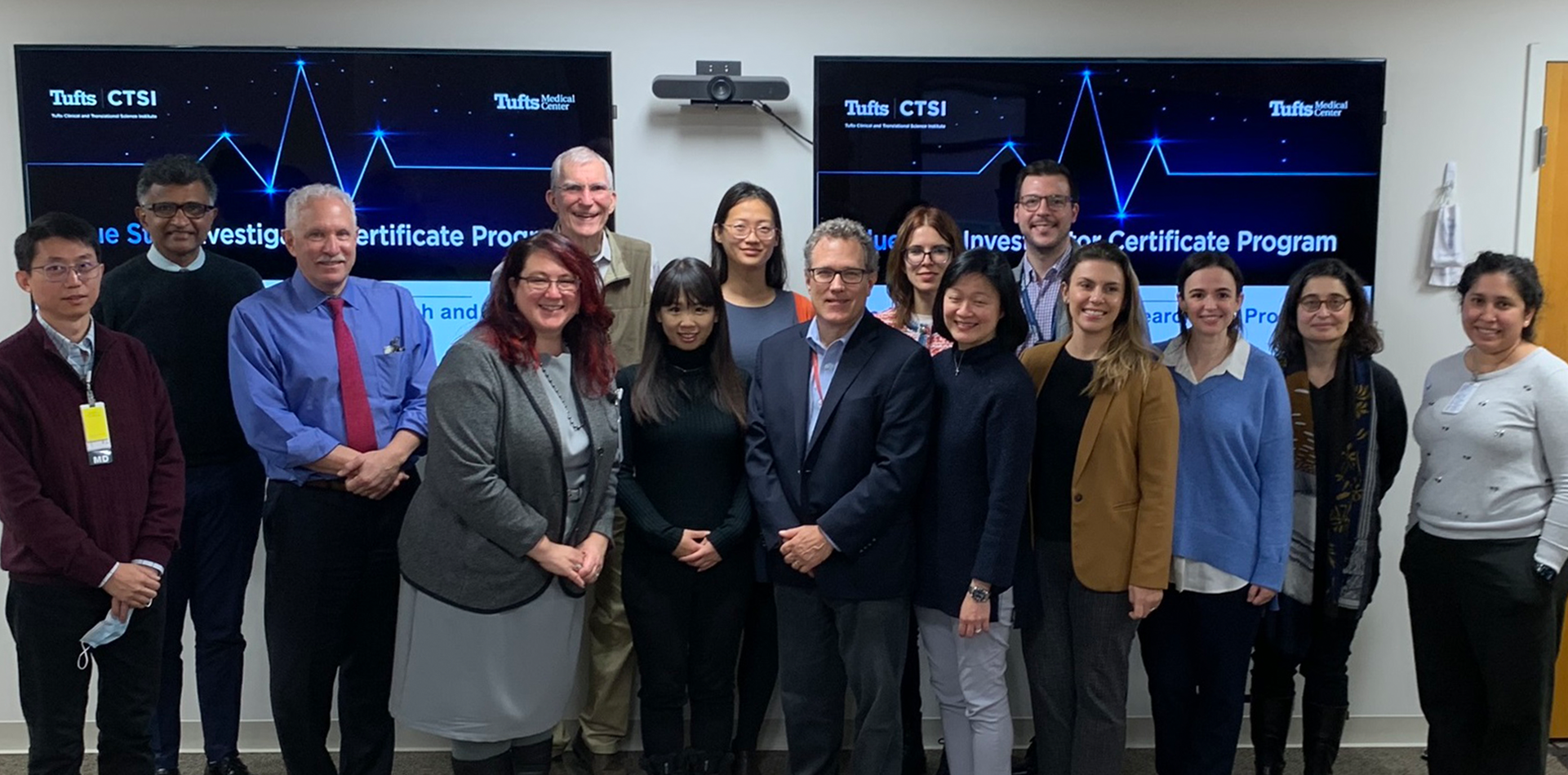Seminars & Workshops
Applying Implementation Science Frameworks to Your Research Plans and Ongoing StudiesDo you have a grant proposal or protocol for an intervention involving hospitals, schools, and local communities?
If you’d like to hone your research aims and strategy to show a clear roadmap for successful translation in real-world settings, join Tufts CTSI on Wednesday, June 24 for a two-part interactive online workshop: Applying Implementation Science Frameworks to Your Research Plans and Ongoing Studies.
Apply by Monday, June 22 for one of 12 seats for researchers working in translational research.
Overview
In this two-part series, all applicants commit to up to two ½ hours of learning time and complete the following:
- Part 1, Pre-work online course (approx. 1 hour), complete by June 23: Prepared by the workshop instructors, this short course provides an overview of two common implementation frameworks used in grant proposals, RE-AIM (the Reach, Effectiveness, Adoption, Implementation, and Maintenance Framework) and CFIR (the Consolidated Framework for Implementation Research), and how the CFIR framework, combined with ERIC (Expert Recommendations for Implementing Change) strategies, can be used in planning for protocol implementation or problem solving. You will learn what these frameworks are, when to use them, and how to best integrate them into a grant proposal or ongoing study.
- Part 2, Live online workshop (90 minutes), June 24, 2020, 10:00-11:30AM: Those who complete the Part 1 assignment will be invited to an interactive live meeting (Zoom) where you will meet with the instructors and colleagues in real time to review the frameworks through case examples and discussions on potential challenges in your proposal or protocol. Participants will be required to ensure audio/video quality of their live online meeting participation and login 10 minutes prior to the session.The workshop agenda may include:
- Introductions and Overview
- Review of the Implementation Science Frameworks/Q&A
- Case Discussions: Examples of Implementation Science Frameworks in a Grant Proposal and Ongoing Study
- Workshops: Participant Challenges and Cases
Instructors
- Sara C. Folta, PhD, Director, Integrating Underrepresented Populations in Research, Tufts CTSI; Associate Professor, Tufts Friedman School of Nutrition Science and Policy: Dr. Folta and colleagues implemented, evaluated, and nationally disseminated the StrongWomen – Healthy Hearts program for cardiovascular disease prevention among midlife and older women.
- Denise Daudelin, RN, MPH, Director, Research Process Improvement, Tufts CTSI; Assistant Professor of Medicine, Tufts University Public Health and Community Medicine: Ms. Daudelin is an Investigator who has worked with hospitals, emergency medical service agencies, primary care practices, and researchers to develop measures of health care quality and achieve improvements in health care delivery and research.
Case Discussions: Examples of Implementation Science Frameworks in a Grant Proposal and Ongoing Study
- Amy LeClair, PhD, MPhil: Study to evaluate the implementation of patient navigation to reduce disparities for women with breast cancer.
- Alysse Wurcel, MD, MS: Proposal to develop, implement, and measure the impact of changes to the HIV testing polices at Tufts Medical Center to increase the number of people with substance use disorder who successfully receive HIV testing.
Who should attend
Any research faculty, especially early career faculty, are welcome to apply. Faculty with a draft grant proposal that contains an implementation science framework are strongly encouraged to attend (and may submit a copy of their proposal). Faculty experiencing challenges with an existing protocol are also encouraged to submit a summary of their protocol for feedback.
Registration
Space is limited to 12 participants. Apply here by Monday, June 22.
This workshop is provided free of charge, and is supported by the National Center for Advancing Translational Sciences, National Institutes of health, Award Number UL1TR002544. The content is solely the responsibility of the authors and does not necessarily represent the official views of the NIH.



